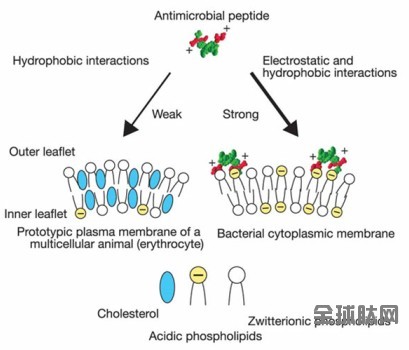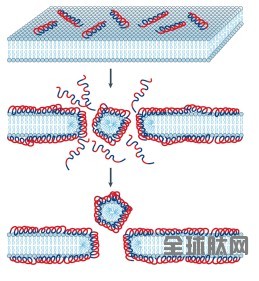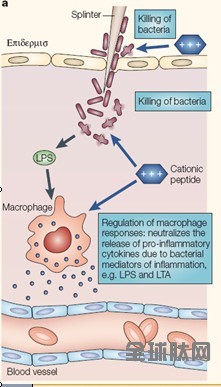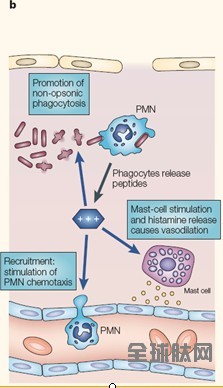What are antimicrobial peptides
Antimicrobial peptides, shorted for AMPs, are small proteins of cationic charge involved in host innate immune system. they are also called Antibiosis, small anti-microbial peptide, cationic peptide, Defensin, Alpha helix peptide, Beta stranded peptde.
Scientist find it in everything from Amoebas to Humans (incl. Bacteria). Also abundants in vertebrates like
1) External Mucosa : eyes, mouth, genitourinary, skin, lung, trachea
2) Circulating cells Neutrophils, platelets
3)Intestinal tract : in humans; Paneth cells are the source
What do they do
They are all physical functions!! Don't have drug resistance and residue.
a) Antibacterial
-- Gram positive
-- Gram negative
b) Antifungal : Candida, Cryptococcus, Aspergillus,etc
c) Antivirus: Influenza virus, PCV, Blue ear, etc
d) Immunomodulation
Antimicrobial peptides can stimulate immune response in vivo, improve body immunity to resist all kinds of diseases.
How do they do that
1) Kill bacteria, fungus, some virus
Antimicrobial peptides can combine with phathogens as they bear negative-charge, then perforate the cell membrane, destroy them.


2) Immunomodulation
Antimicrobial peptdies, as immune chemotactic factors, both kill pathogens but aslo be a commonder to recuit immunocyte such as granulocyte, Neutrophil, T cells to help kill all the pathogens incading into the body.







